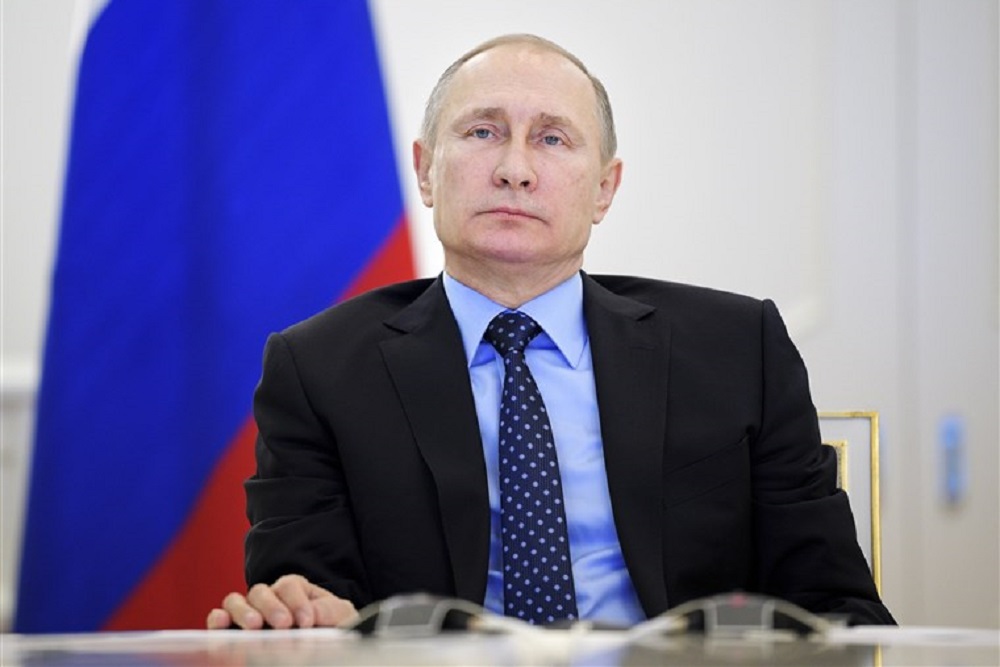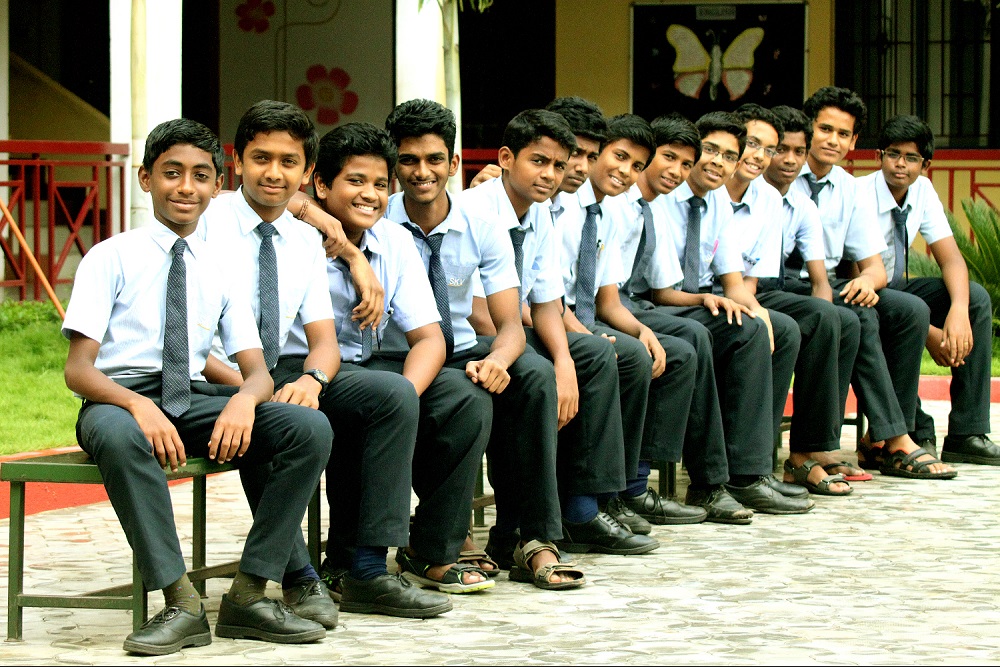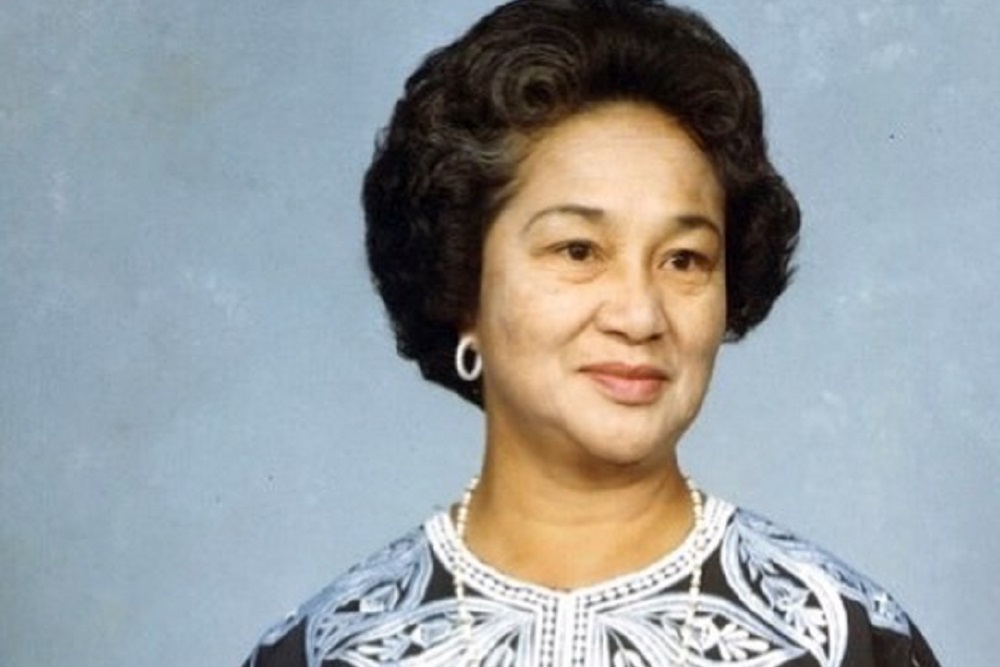The Russian government has announced the success of its country-wide examination on an unplugged internet, a replacement to the global internet.
According to the Russian Ministry of Communications, its plan to achieve an unplugged internet service from the global internet is one step closer to reality after the successful test on an alternative internet.
Russia’s communication ministry said the changeover to the Runet system was seamless and ordinary users didn’t even notice the difference.
The ministry added that the results of the unplugged internet will now be presented to President Putin. At the same time, many experts remain concerned about the new trend of some countries creating their own the internet.
Alexey Sokolov, the deputy head of the ministry of communications, said, the results of the examination showed that, in general, both the authorities and telecom operators are ready to respond to emerging risks and threats effectively.
He noted it would ensure the stable functioning of both the internet and unified telecommunication network in the Russian Federation.
Notably, the Russian lower house of Parliament had passed the bill in mid-April. The law will allow Russia to set up an infrastructure for separate Russian unplugged internet or “Runet”, which will enable the country to keep its domestic internet running even when unplugged from non-Russian root servers.
A state-funded poll earlier revealed that 52 percent of Russians disapprove of the proposed bill, but Moscow went ahead to create and initial the first phase.
The government had previously declared that its national security was at stake, and intended to counter the aggressive nature of the US strategy on national cybersecurity.
The bill got passed with 307 lawmakers in the lower house voted in favor of the law and only 68 voted against it.
How unplugged internet works
The unplugged internet initiative involves restricting the points at which Russia’s version of the net connects to its global counterpart, giving the government more control over what its citizens can access.
The government has established what many have dubbed a sovereign Runet.
Professor Alan Woodward, a computer scientist at the University of Surrey, explained that it would effectively get internet service providers (ISPs) and telcos to configure the internet within their borders as a large intranet, just like a large corporation does.
Prof. Woodward added that this initiative would increasingly give authoritarian countries that want to control what citizens such as Iran and China have already done. He said:
It means people will not have access to dialogue about what is going on in their own country; they will be kept within their bubble.
Unplugged internet technical challenges
An expert has warned that the policy could help the state repress free speech, but added that it was not a foregone conclusion that it would succeed.
Justin Sherman, a cyber-security policy fellow at the New America think tank, said:
The Russian government has run into technical challenges in the past when trying to increase online control, such as its mostly unsuccessful efforts to block Russians from accessing encrypted messaging app Telegram.
He added that without more information about the examination, it would hard to assess precisely how far Russia has progressed in the path towards an isolatable domestic internet.
Sherman further noted, on the business front, it remains to be seen just how much domestic and foreign pushback Russia will get.
The state-owned Tass news agency reported the tests had assessed the vulnerability of internet-of-things devices. It also involved an exercise in testing Runet’s ability to stand up to external negative influences.







